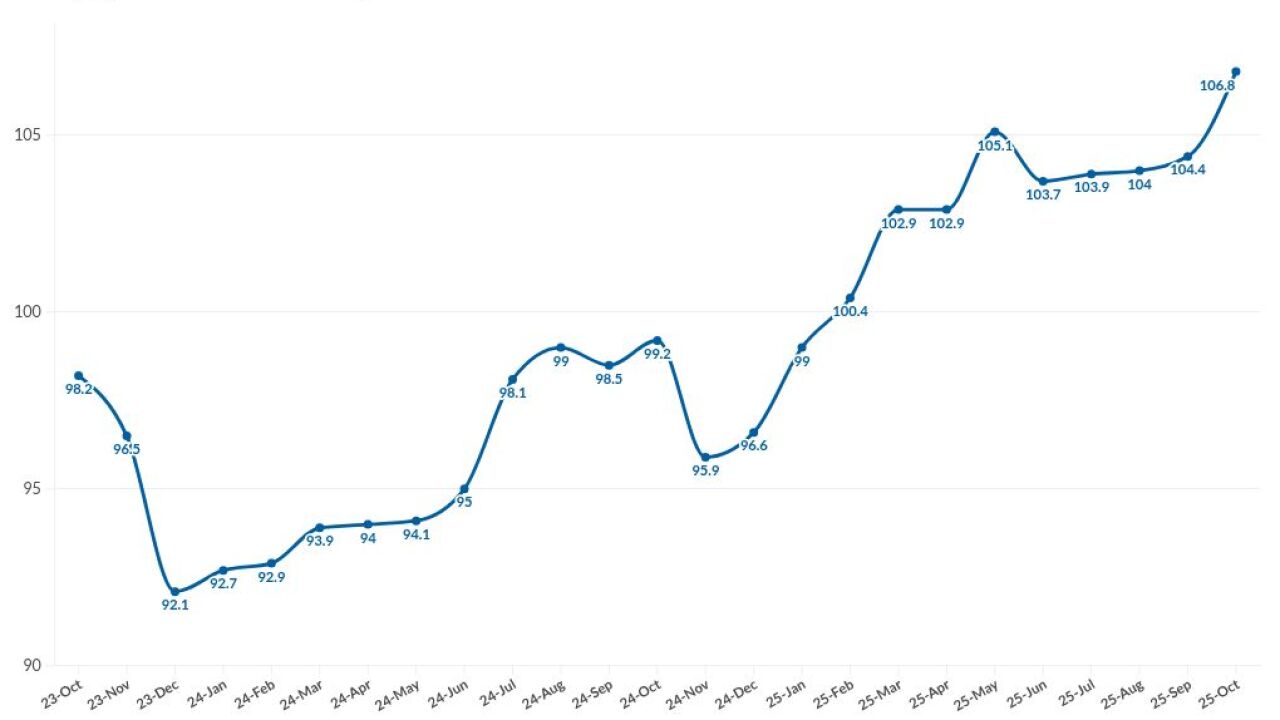A major government-related mortgage buyer has set a new date for when it plans to follow through on its promise to absorb some of the servicers’ obligations for advancing guarantee fees for securitized loans that have been delinquent for four consecutive months.
The relief will be available from Fannie Mae effective with the June cash-remittance reporting cycle, which reflects May’s payment activity, a month later than originally planned. It will apply to mortgages where servicers pay scheduled principal and interest regardless of whether it’s collected from the borrower.
The move is part of a larger transition in which Fannie and fellow government-sponsored enterprise Freddie Mac are following through on resolving some temporary policies put in place to address contingencies around the coronavirus while unwinding others.
In the case of the g-fees that Fannie will cover starting with the June reporting cycle, if the borrower’s payments are 120 days-plus late, the mortgage will be placed in a “stop delinquency advance” process. So, no monthly g-fees will be remitted until the servicer reports a full borrower payment.
Advancing responsibilities at a time when COVID-related stresses and federal policies have led to extended forbearance and delinquencies
Costs related to large-scale use of
In addition to announcing the move related to g-fee advances, which would provide some direct financial relief to mortgage companies, Fannie also recently rolled back some additional procedural requirements for underwriting loans using self-employment income. Freddie did as well.
The rollback will apply only to borrowers using tax forms dating back no further than 2020 to verify their incomes and loan sellers will still need to provide evidence of current business operations, including receipts within 20 days of the note date.




